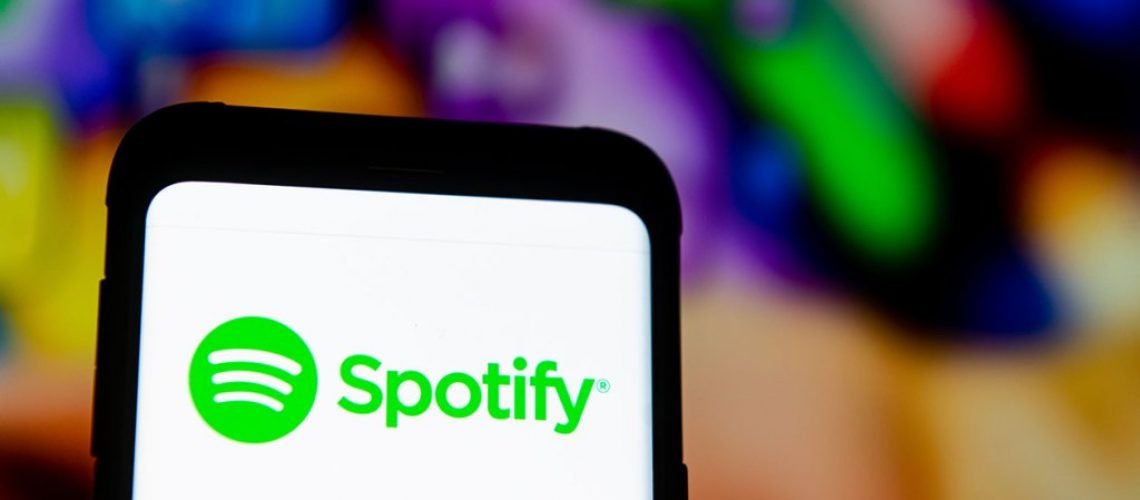In April, three members of Congress wrote a letter to Spotify CEO Daniel Ek to express their concerns about his platform’s approach “to consumer transparency.” Reps. Yvette D. Clarke, Judy Chu and Tony Cardenas were worried that the initiative known as Discovery Mode, which allows artists to boost their music’s exposure on Spotify in exchange for a lower royalty rate, “preys on unwitting” listeners — the streamers who are tuned in to Spotify Radio or Autoplay likely aren’t aware that they are being served a new track thanks in part to a promotional program with a back-end cost, rather than solely due to its musical merits.
Spotify responded to the congressional inquiry last month in a letter obtained by Billboard, stressing the benefits of Discovery Mode for artists — who “[see] an average of more than 40% growth in listeners” for songs they put into Discovery Mode — but skirting some questions about the program’s transparency for fans.
The streaming platform’s letter turned to potential “unwitting consumers” in the second-to-last paragraph. Emery Simon, Spotify’s vp of global government affairs, noted that the streaming service had written a blog post about Discovery Mode and added an “About Recommendations” card — though it takes some work to find — “disclos[ing] that commercial considerations… may ‘influence our recommendations.’” In addition, Spotify’s letter said the platform’s user terms include similarly broad language about “commercial considerations” that provide cover for programs like Discovery Mode.
Reps. Clarke, Chu, and Cardenas, co-chairs of the Multicultural Media Caucus, issued a joint statement to Billboard indicating that Spotify’s letter was not entirely satisfactory. “The response we received from Spotify regarding consumer disclosure points to a blog post and vague language about commercial considerations that are buried in their terms of service and several clicks deep on their application,” the representatives noted. “We will welcome a constructive dialogue with Spotify but won’t back down from our belief that they can do better to abide by the clear rules of the road for online disclosures.”
When presented with Spotify’s letter, the Future of Music Coalition, a non-profit group that advocates for a fair and transparent music industry, offered its own concerns. “Once again, congressional leaders are asking the right questions, and Spotify is coming up short on substantive answers,” said Kevin Erickson, FOM’s director, in a statement. “Spotify’s weak disclosure requirements — text within the app and buried in terms of service and a blog post that barely anyone will read — are wholly inadequate for consumer protection, especially for an audio medium,” Erickson added.
When reached for comment, a Spotify spokesperson confirmed the contents of the company’s letter, and reiterated the points made in its response to the representatives.
Though streaming is a relatively new phenomenon, the U.S. government has a history of stepping in when it feels that consumers are unaware that they are dealing with paid promotions. To ensure that people know which online search results are paid-for advertisements, for example, the Federal Trade Commission has “clear and conspicuous” disclosure requirements. Reps. Clarke, Chu, and Cardenas invoked this precedent in their original letter to Spotify, writing that “the Discovery Mode program seems identical to deceptive native advertising like undisclosed promotional tweets from paid social media influencers or inadequately described sponsored search results.”
In the music industry, the closest analog to this is payola at radio: Paying for airplay is legal — as long as that payment is announced on the air when the paid-for song is played. The Federal Communications Commission’s website explains that, “when a broadcast licensee has received or been promised payment for airing program material, the station must disclose that fact at the time the material is aired and identify who is paying for it.”
The Discovery Mode equivalent of this disclosure requirement might be an audio announcement — “this song brought to you by label X” — that plays before each song in the program pops up in Spotify Radio or Autoplay. In April, the representatives proposed “that Spotify publish, on a monthly basis, the name of every track enrolled in [Discovery Mode] and the royalty discount agreed upon.”
It’s not entirely surprising that Spotify did not address this request — look at the radio industry, which finds the disclosure requirements around pay-for-play to be onerous. In 2015, a coalition of broadcasters asked the FCC to loosen those rules: Instead of announcing that a song had been paid for on the air when it played, members of the radio industry hoped to shift specific disclosures to stations’ websites and make more general announcements on air that would obscure which tracks were being paid for. The broadcasters provided a theoretical example of how the new on-air disclosure would sound — “Some of the music [and/or] sports programming that you hear on this station is sponsored [or paid for] by Interscope, Sony, Universal Records, or the Washington Nationals. For additional information, please visit our website.”
Organizations like the RIAA, the Recording Academy, and the FOM filed comments signaling their opposition to the broadcasters’ request on the grounds that it would lead to reduced transparency. “After outcry from musicians, diverse media reformers and public interest allies, the FCC ultimately left the [disclosure] rules intact,” Erickson says.
Why might radio broadcasters want to avoid indicating that specific songs stations play are being paid for? Presumably because listeners respond differently to music when they are aware they’re hearing it because of a promotional budget, which undercuts the reason to pay for airplay in the first place. As the FTC puts it, “knowing that something is an ad likely will affect whether consumers choose to interact with it and the weight or credibility consumers give the information it conveys.”
As the debate around Discovery Mode rolls on, artists continue to test it. Several managers who spoke to Billboard recently did not even know that congress had expressed concern about the program (on two different occasions), but were interested in testing it to see if it helped their artists.
Reps. Clarke, Chu, and Cardenas indicated that they will continue to monitor Discovery Mode’s impacts.
“We have seen time and again that as digital platforms get bigger and more powerful they need to be checked by scrutiny from Congress on behavior that can harm consumers and competition,” they wrote in their statement to Billboard. “Our goal in sending this letter to Mr. Ek is to make sure, as Spotify continues to grow, that its leaders understand that they cannot be the sole arbiters of what is good for music creators, their subscribers or the general public.”




